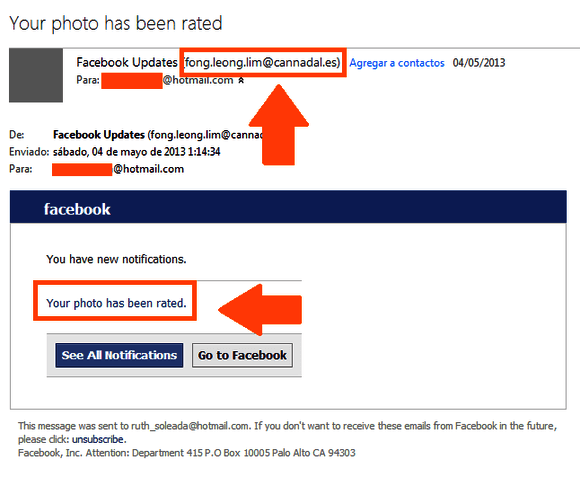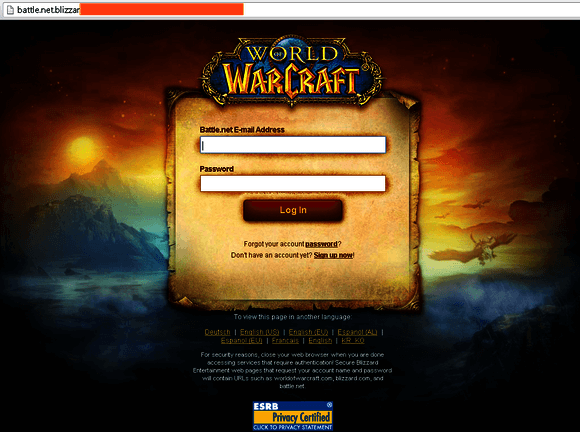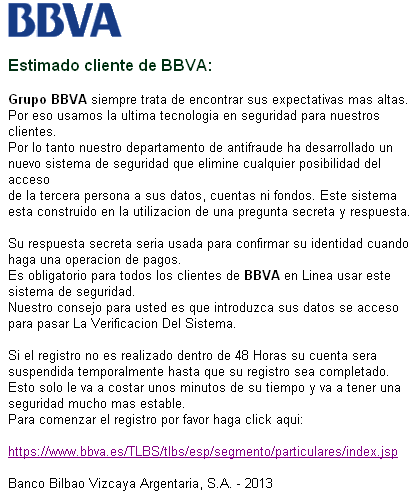Phishing, danger on the internet 16/06/2016
As we already explained on our blog, more specifically in the section dedicated and focused on it, Phishing consists in tricking someone by impersonating a legitimate company, such as a bank or social media website, with the sole purpose of gathering personal or confidential information: passwords, bank accounts credentials, etc.
Initially, Phishing basically consists in the sending fraudulent emails to users impersonating real companies or enterprises requesting the user to log in using their credentials (username and password). However, this has been changing as the tech world has been changing too and, as a consequence, internet scams have become more sophisticated.
Cyber scams can be considered as living organisms as they adapt themselves to the different environment really quickly and, now, apart from using emails to scam, cyber scammers have started using other methods such as Facebook or WhatsApp so their expansion grow even more quickly.

Without a doubt, Phishing has become one of the major problems we can find on the internet nowadays, since the risk and dangers they can cause to scammed people can get really serious, identity or money theft or using your account for illegal purposes for instance.
Because of all these problems we face every day, we need to raise awareness of these problems and make society open their eyes and take precautions while using smartphones and the internet. It’s even more important when it comes to minors who are not familiar with this online scams. A parental control to protect them is a great idea and, of course, I’m speaking of SecureKids.
To avoid past mistakes and errors, we have made a list with the typical phishing scams we can find on the internet.
Phishing examples
Phishing started in the 90s and, since then, cyber criminals have been using it. We will show some of the most common and dangerous phishing practices, some of them targeting the youngest at home.
We considered important to start with Facebook, as children and young people are using this social network more frequently. It starts like any other scams do, with an email, even though it can also be a pop-up window claiming you won a prize and to claim it, they ask you to log in to your Facebook account. The pop-up window redirects you to a fake and facebook impersonating page and when you log in you just provided them with your user account and password, so they have access and control of your account.

However, this type of scam is not limited only to Facebook, every social network can be a phishing target, so we have to be extra careful.
Online games
This is another example of risk and danger where children are a clear target, although online games are also played by adults we can’t deny the fact that there are so many minors playing online games like World of Warcraft for instance, and any other games which require an account or social network are vulnerable to suffer phishing. Games which require in-game purchases are especially vulnerable to suffer some kind of phishing as they require personal information such as payment info. We find again a very similar website to the official one with slight differences we won’t notice and they make us think we are purchasing using the official website, but what we are doing is giving your bank credentials to cyber scammers and with this info, they will loot your bank account.

Banks
Bank Phishing attempts don’t have kids as their target, but we considered important to include it in this post, as they are one of the most dangerous scams on the internet. An example, this is an image of the phishing email people got in their email inbox.

By clicking on the link it will redirect us to an identical website of the BBVA bank, where they will require our credentials to log in and to “verify” one of our credit cards. If you fall for it, we will provide cyber scammers with our credential information they could use to loot our bank account.





excelente informacion